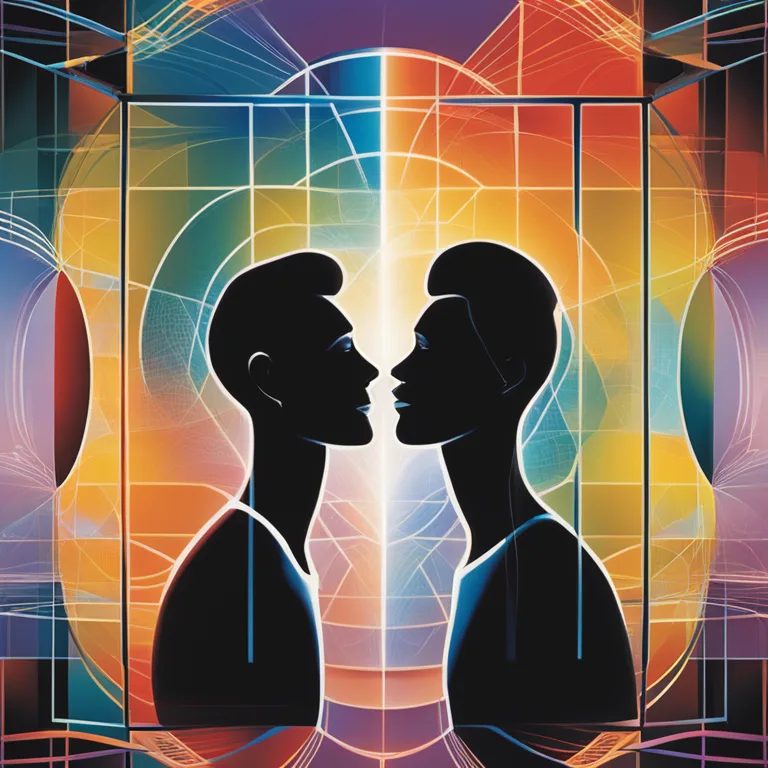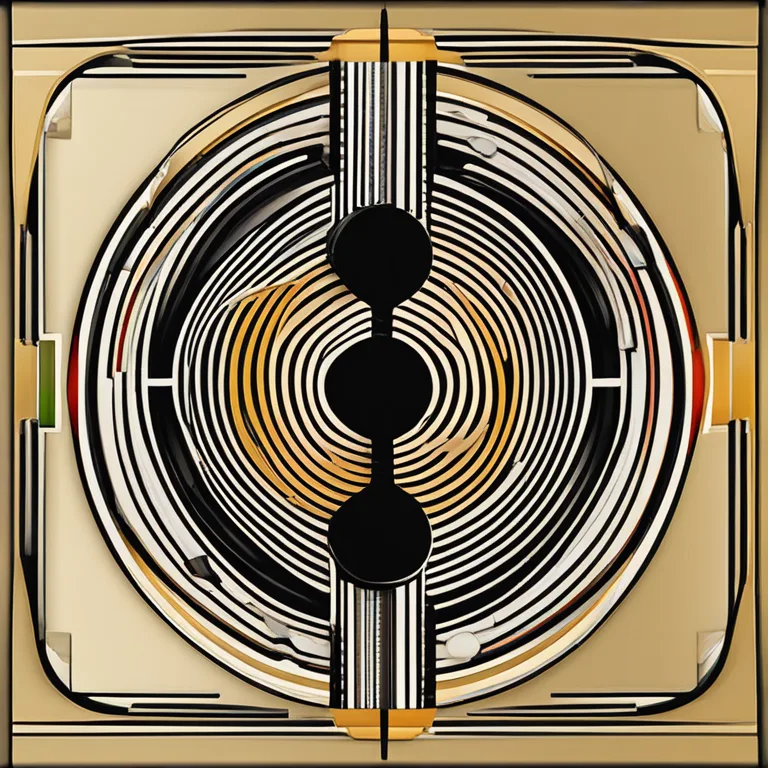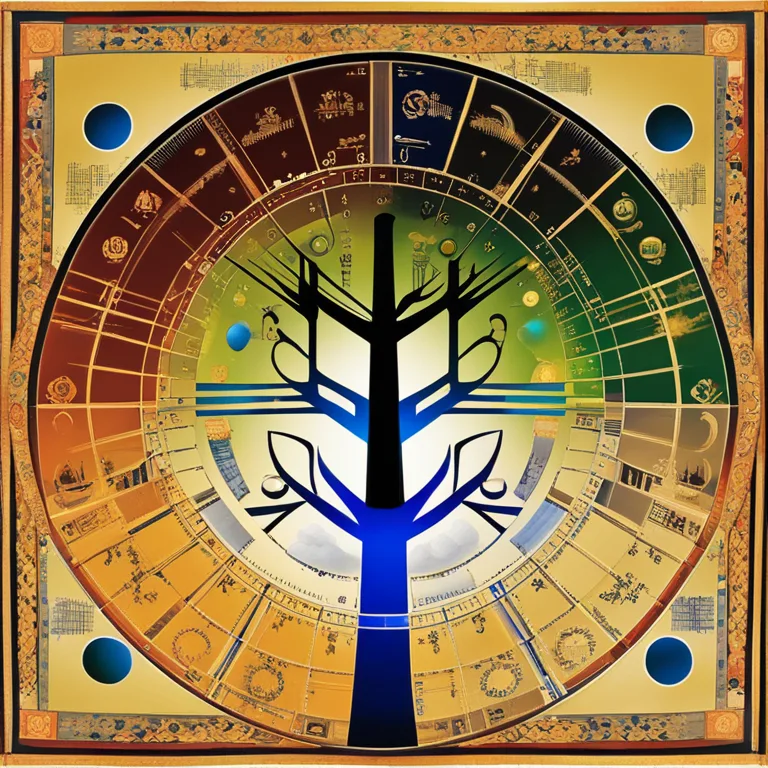
The Veracity of Biorhythms: Fact or Fiction?
Investigate the accuracy of biorhythms and understand their role in predicting our daily lives in the context of modern scientific findings.
article by Adrian Wallace
Introduction to Biorhythms
Biorhythms are a concept suggesting that our lives are influenced by natural physiological cycles. The theory posits that from the moment of birth, we are governed by cycles of physical, emotional, and intellectual ebbs and flows. Advocates of biorhythms believe that understanding these patterns can lead to insights about a person's optimal timing for various activities, from decision-making to physical performance. However, scientific opinions on the validity of biorhythms are divided, leading to a healthy debate about their influence on human behavior.

Analyzing Scientific Evidence
When assessing the accuracy of biorhythms, it's crucial to consider the scientific evidence available. Despite its popularity in some circles, the scientific establishment has largely been skeptical of biorhythms, citing a lack of empirical evidence to support the theory. Although some studies have been conducted in attempts to validate biorhythmic patterns, many scientists argue that the findings are inconclusive, tending to reflect random chance rather than any real, underlying physiological or behavioral cycles.

Psychological Perspectives
From a psychological standpoint, there may be a placebo effect at play with biorhythms. People might experience a psychological boost when they believe they are in a positive phase of their biorhythm cycle, which, in turn, could affect their performance and decision-making. This self-fulfilling prophecy can be powerful, leading individuals to attribute their successes or failures to their biorhythmic state, despite the lack of robust scientific backing for the theory.

Cultural Impact and Personal Beliefs
Understanding the cultural context of biorhythms is also valuable. Throughout history, various societies have turned to systems like astrology, numerology, and biorhythms to find meaning and predict the future. Biorhythms hold a certain allure for those seeking personal insights or seeking to understand themselves better. While the evidence supporting their accuracy is tenuous, biorhythms still form part of the rich tapestry of beliefs that individuals use to navigate their lives.

Technological Advancements and Modern Applications
The rise of wearable technology and health-tracking apps has led to renewed interest in personal data and patterns. While most of these devices track metrics like steps, heart rate, and sleep patterns, some innovators are attempting to integrate biorhythmic data. This integration assumes a correlation between personal data and the traditional biorhythm cycles, but whether this offers any true predictive power remains subject to scientific scrutiny.
Critical Considerations and Practical Advice
For those considering integrating biorhythms into their lives, a critical evaluation is essential. It's important to approach biorhythms with a healthy dose of skepticism, appreciating them as a curiosity rather than a scientifically validated tool. Ultimately, personal experience should guide whether biorhythms serve as a helpful framework in one's life. Some may find comfort or motivation in the idea of biorhythms, but it's crucial to maintain a perspective grounded in proven scientific principles.
Concluding Thoughts
In conclusion, while the concept of biorhythms is intriguing, their accuracy remains questionable from a scientific standpoint. The dynamic interplay between belief systems, cultural phenomena, and scientific inquiry will undoubtedly continue to shape the conversation around biorhythms as we venture further into the 21st century. For now, biorhythms might best be viewed as a tool for personal exploration rather than a definitive guide to life's rhythms.
Published: 12/28/2023
Modified: 12/28/2023
More predictions
Come back here soon to learn more about yourself and your future


The Reality Of Biorhythm Compatibility
Unravel the truth behind biorhythm compatibility and its role in personal relationships and daily life.


Biorhythm Compatibility: Fact Or Myth?
Explore the concept of biorhythm compatibility to discover if there's a real connection between our biocycles and relationship harmony.


Biorhythms In Humans Explored
Exploring the concept of biorhythms and their influence on human behavior and physical states.